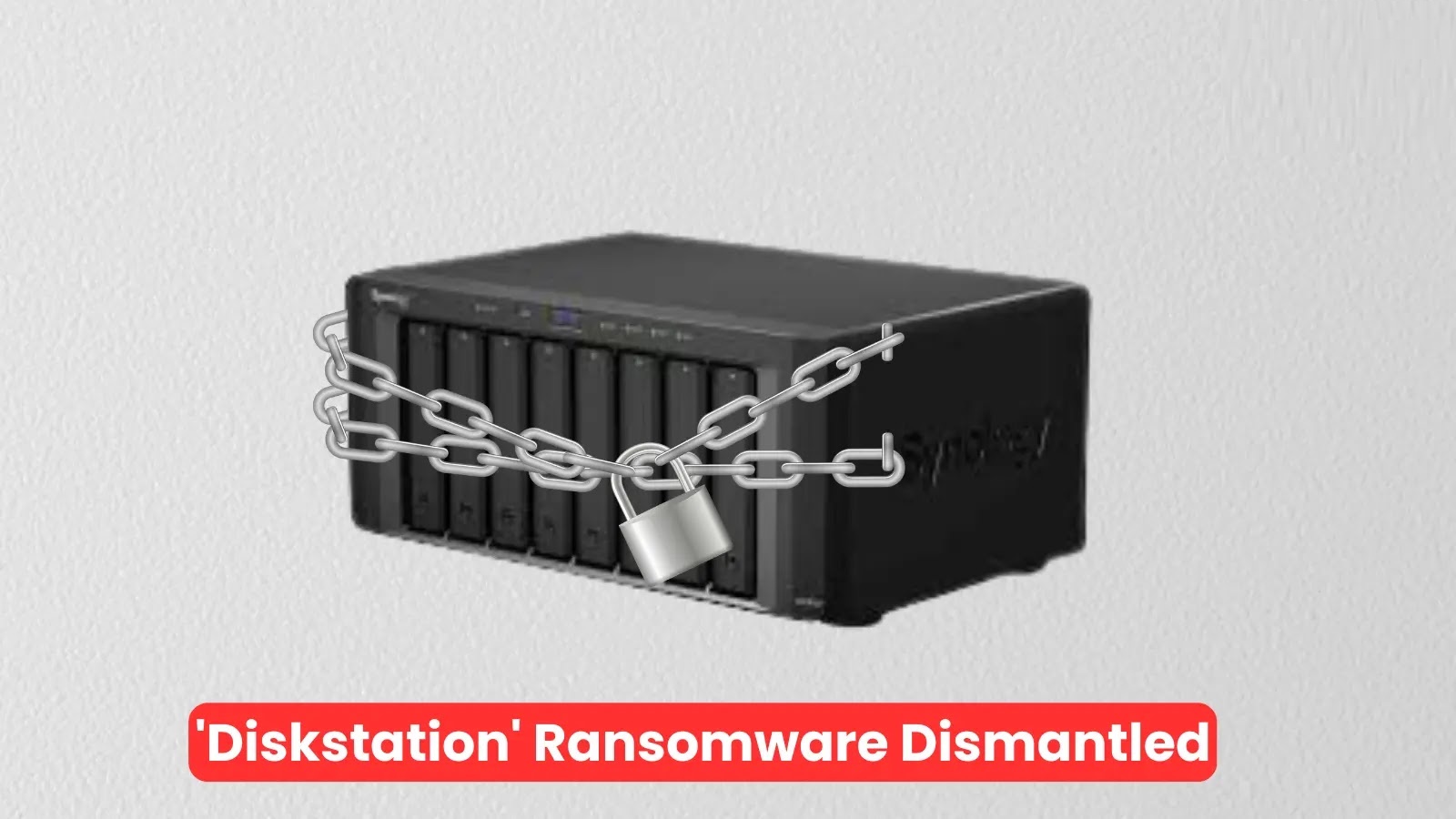In a landmark case highlighting the escalating threat of mobile-based cyber fraud, Ruichen Xiong, a Chinese national studying in the United Kingdom, has been sentenced to over a year in prison by the Inner London Crown Court. Xiong was found guilty of conducting a large-scale smishing (SMS phishing) operation that targeted tens of thousands of individuals across Greater London between March 22 and 27, 2025.
The Modus Operandi
Xiong’s operation was notably sophisticated, employing a covert SMS Blaster device concealed in the trunk of his black Honda CR-V. This equipment functioned as an unauthorized mobile base station, emitting signals stronger than those of legitimate network towers. As a result, nearby mobile devices were tricked into connecting to Xiong’s rogue network. Once connected, the system dispatched fraudulent text messages directly to the devices, effectively bypassing standard SMS filtering mechanisms implemented by mobile network operators.
Technical Mechanisms of the Attack
The SMS Blaster exploited vulnerabilities in mobile communication protocols by creating a false base station. This technique, known as a false base station attack, involves broadcasting amplified signals that override legitimate network signals within a specific radius. In this case, Xiong’s device covered approximately a one-kilometer area, compelling mobile phones within this range to connect to his network.
Once a device was connected, Xiong’s system sent text messages that appeared to originate from trusted entities, such as government agencies or reputable organizations. These messages contained links leading to counterfeit websites designed to harvest personal and financial information from unsuspecting victims.
Investigation and Collaboration
The investigation into Xiong’s activities was spearheaded by the Dedicated Card and Payment Crime Unit (DCPCU), a specialized police unit funded by the banking industry. The DCPCU collaborated with major mobile network operators, including BT, Virgin Media O2, Vodafone, Three, and Sky, to track and apprehend Xiong. This case underscores the importance of multi-stakeholder cooperation in addressing complex cyber threats.
Broader Implications
Xiong’s conviction sheds light on the evolving landscape of cybercrime, particularly the increasing sophistication of smishing attacks. Smishing, a form of phishing conducted via SMS, has become a prevalent method for cybercriminals to deceive individuals into divulging sensitive information. The use of mobile equipment to create rogue networks represents a significant escalation in these tactics, making detection and prevention more challenging.
The Rise of Smishing Triad
This case is part of a broader trend involving organized cybercriminal groups, such as the Smishing Triad, a China-based network known for conducting extensive smishing campaigns. Since 2023, the Smishing Triad has targeted individuals in over 121 countries, impersonating postal and government services to steal personal and financial data. Their operations have evolved to include sophisticated phishing kits aimed at banking institutions, indicating a shift towards more lucrative targets.
Global Response to Smishing Threats
In response to the growing threat of smishing, law enforcement agencies worldwide have intensified efforts to combat these schemes. In March 2025, the U.S. Department of Justice charged twelve Chinese nationals, including hackers and government officials, in connection with global cybercrime campaigns targeting dissidents, news organizations, U.S. agencies, and universities. These indictments highlight the international nature of cyber threats and the necessity for cross-border cooperation in addressing them.
Preventive Measures and Public Awareness
The conviction of Ruichen Xiong serves as a stark reminder of the importance of public awareness and vigilance in the face of evolving cyber threats. Individuals are advised to exercise caution when receiving unsolicited text messages, especially those requesting personal or financial information. Verifying the authenticity of such messages through official channels can prevent falling victim to smishing attacks.
Organizations are also encouraged to implement robust security measures, including employee training and advanced threat detection systems, to mitigate the risk of smishing and other cyber attacks. Collaboration between public and private sectors remains crucial in developing effective strategies to combat the ever-changing landscape of cybercrime.
Conclusion
The sentencing of Ruichen Xiong marks a significant victory in the fight against cybercrime, particularly smishing operations that exploit mobile communication vulnerabilities. However, it also highlights the need for continuous vigilance, innovation, and cooperation among individuals, organizations, and governments to stay ahead of increasingly sophisticated cybercriminal tactics.



